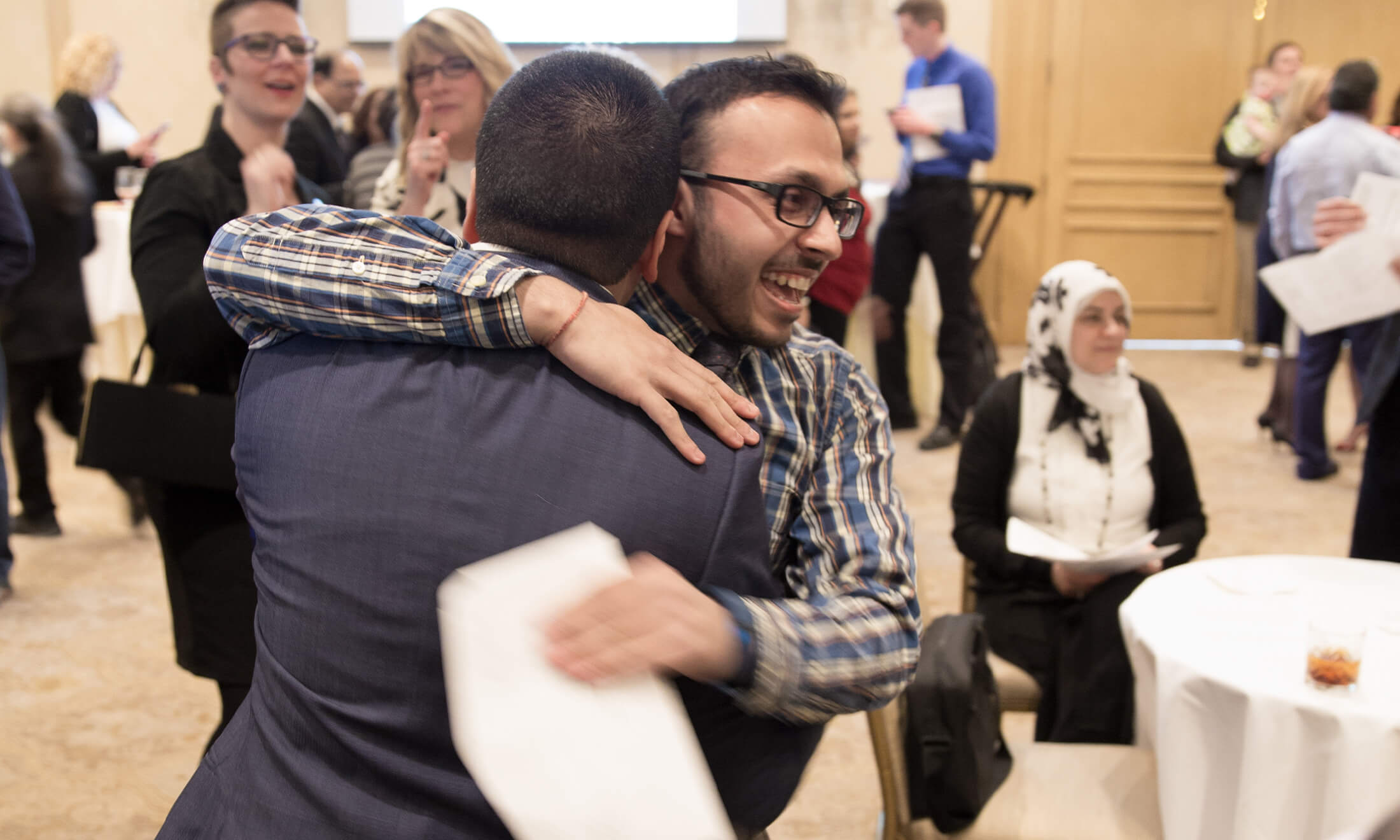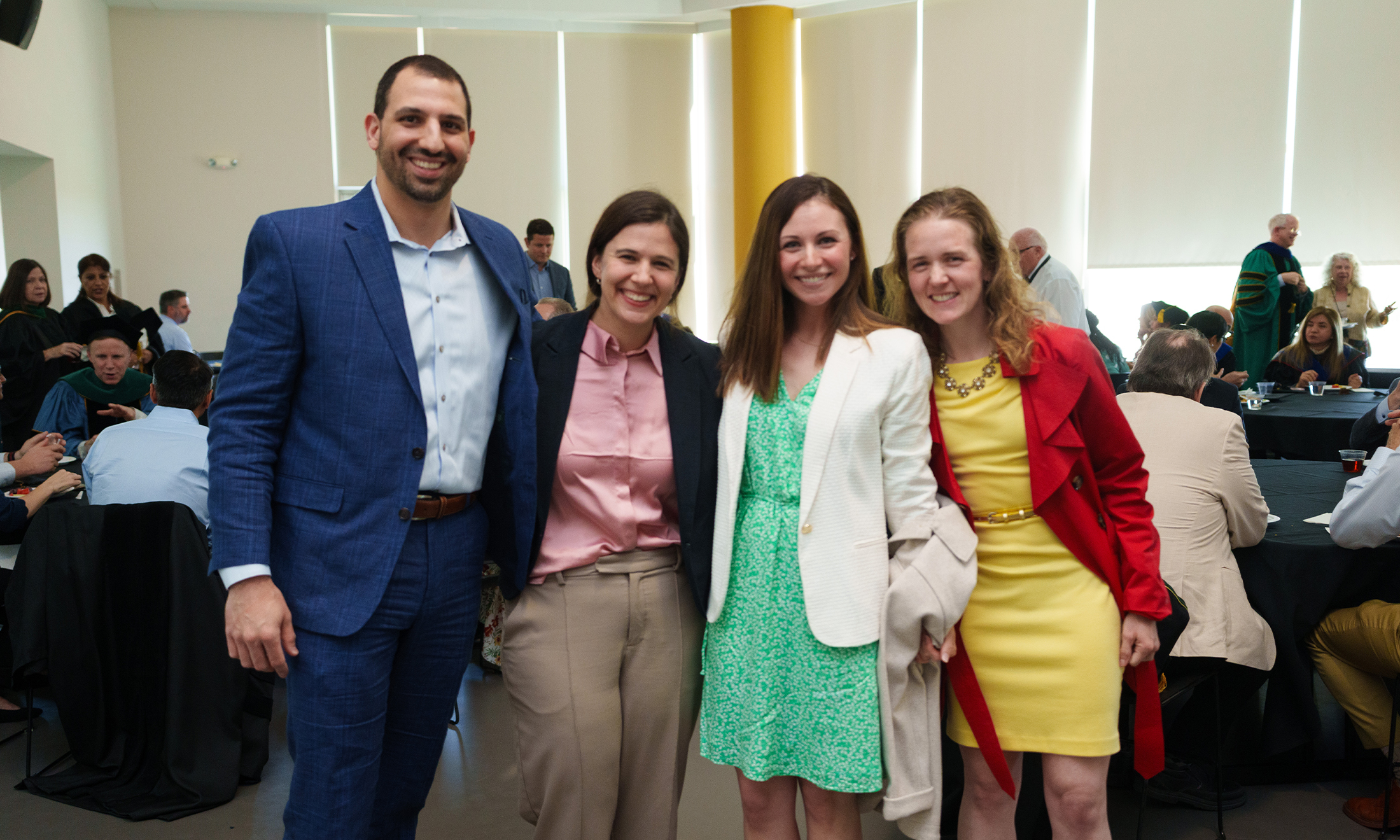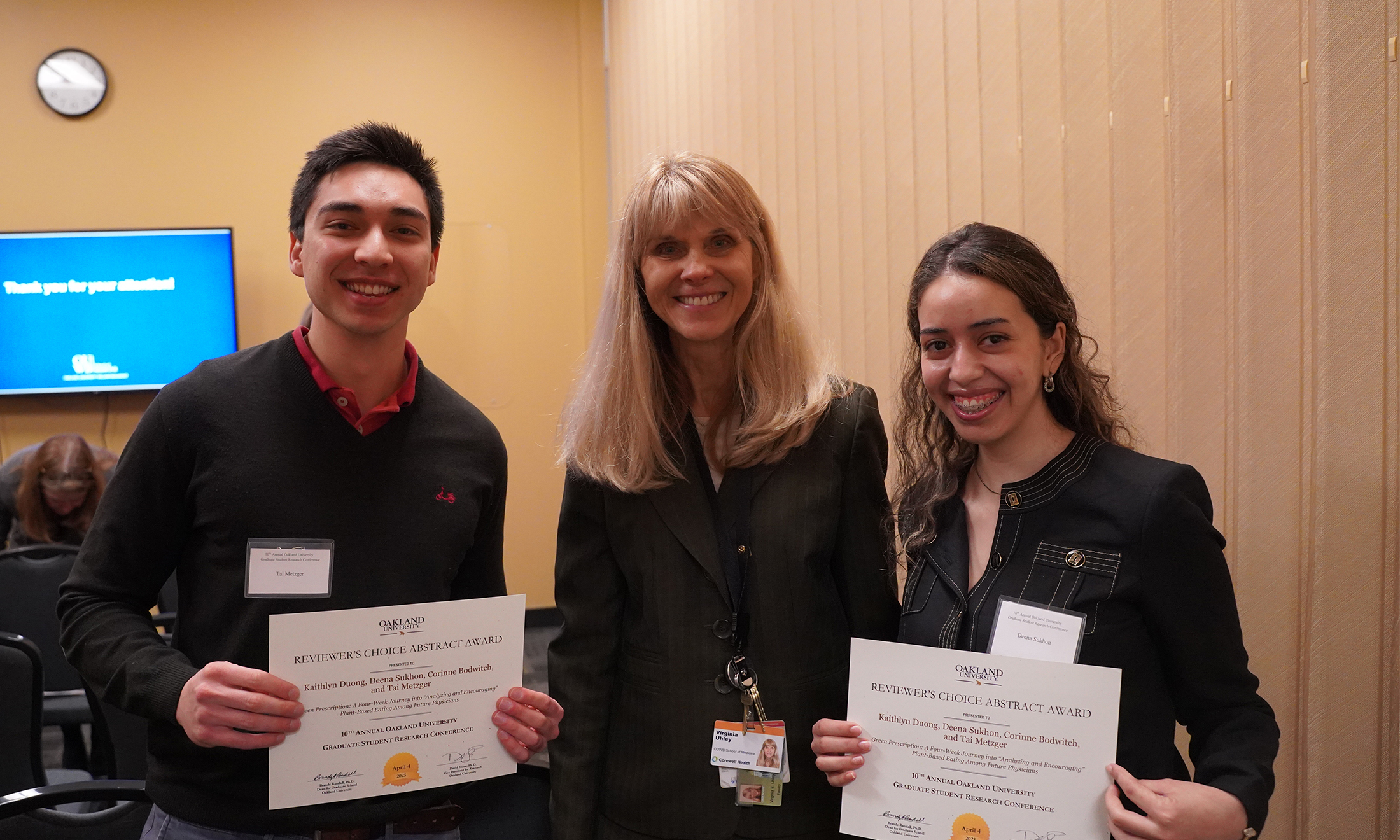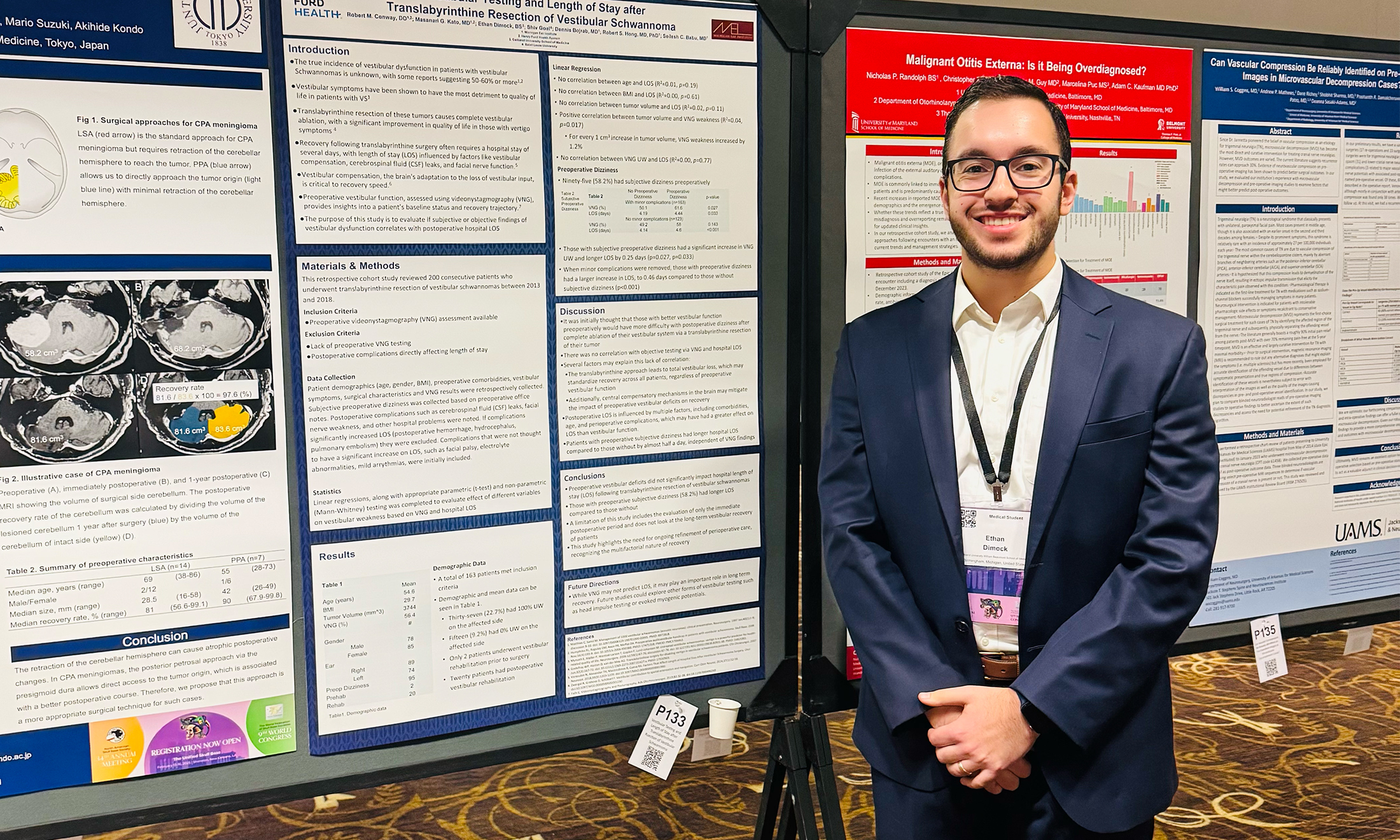OUWB in Seattle
Alumnus from Class of 2017 finds success in Pacific Northwest health system
Should anyone have the idea that people from small, rural communities can’t find success in medicine, Jay Brahmbhatt, M.D., offers proof positive that they are dead wrong.
Brahmbhatt, originally from Bad Axe, Michigan — a rural community in the state’s so-called thumb region — graduated from OUWB in 2017.
Today, he works in the Pacific Northwest as a clinical instructor on a professorship pathway at the University of Washington. He also works as a staff hospitalist at Harborview Medical Center, one of several hospitals affiliated with the University of Washington.
Never one to hesitate at paying it forward, Brahmbhatt also participates in OUWB Alumni Panels, offering his thoughts and advice to current medical students.
He recently took time from his busy schedule to share the story of how he went from being “the only non-white person” in his small high school to being part of one of the busiest health systems in the Seattle area.
“It starts with taking time to understand a little bit about yourself…what type of person do you want to be, and what type of doctor do you want to be?” says Brahmbhatt.
“If you have direction and know what you want, tell your professors, attendings, and the residents you work with, “Hey, this is what I’m about, this is what I want.’”
From a rural Michigan community to one of the busiest hospitals in the Seattle area, Jay Brahmbhatt, M.D., has had an amazing journey.
He does clinical work that both involves and doesn’t involve teaching, along with whatever else he is asked to do to help the hospital stay on track in its mission to serve the community.
Immediately prior to his current position, Brahmbhatt was a chief resident in Billings, Montana through the University of Washington’s Rural Health Program.
In short, he’s now “practicing all the stuff that I’ve been training for all these years.”
For several reasons, he couldn’t be happier to be doing it at Harborview Medical Center — a place he served a sub-internship while a fourth-year medical student at OUWB.
One reason?
A native of Michigan’s thumb region, Brahmbhatt didn’t want to go to a place like New York or Boston that he viewed as too congested.
He narrowed it down to a few places like Seattle that he says are “not hard to escape from” yet offered the kind of world-class training environment he sought.
Harborview Medical Center, a county hospital, offered Brahmbhatt a taste of home while exposing him to the kind of people and situations that he says have made him a better doctor.
“I felt that I could be better at being more sensitive to marginalized populations that I hadn’t necessary been around when I was growing up,” he says. “I never had LGBTQ friends growing up, for example…I didn’t know how to be around people who were different from me.”
That only drove him to embrace new situations.
“I’ve always been drawn to opportunities that would give me a chance to learn from that perspective,” he says.
Another big reason he was interested in Harborview Medical Center was its mission.
The center provides specialized care for a broad spectrum of patients throughout the Pacific Northwest. According to its website, “Patients given priority for care include the non-English speaking poor; the uninsured or underinsured, victims of domestic violence or sexual assault; people incarcerated in King County's jails; people with mental illness or substance abuse problems, particularly those treated involuntarily; people with sexually transmitted diseases; and those who require specialized emergency, trauma or burn care.”
Further, Harborview “recognizes that delivering quality health care is enhanced by a strong commitment to teaching, community service, and research.”
Brahmbhatt says he was “floored by the culture and the mission of the program.”
“I thought ‘If I could spend some time at this place, I could be better,’” he says. “That is, something that is trying to bring equity and love and compassion into health care in ways that I just haven’t had a chance to experience.”
Teaching medical students to think critically
“What OUWB did for me was help me become more conscientious of all of the different things that go into doctoring,” he says. “From the ethical humanities side of it to the actual self-learning, critical thinking, appraisal of literature…we weren’t lacking any opportunities.”
Brahmbhatt says the balance between guidance and freedom to learn at OUWB helped set him up for success.
“You had to learn to push yourself enough to get what you wanted,” he says. “That set me up really well for a career in which I’m used to pushing myself to finding information, learning how to incorporate and utilize it.”
Brahmbhatt says it’s an approach that he emphasizes when teaching current med students.
“I tell my students that they’ll never be able to memorize every single piece of knowledge that’s in medicine…there’s just too much of it and it’s all too different,” he says. “But if I can teach them how to think more critically, and how to find answers…that is what medical school should be doing for students. It should be making people who are good at learning, (also) good at logical, critical thinking.
“OUWB gave me the opportunity to do that,” he says.
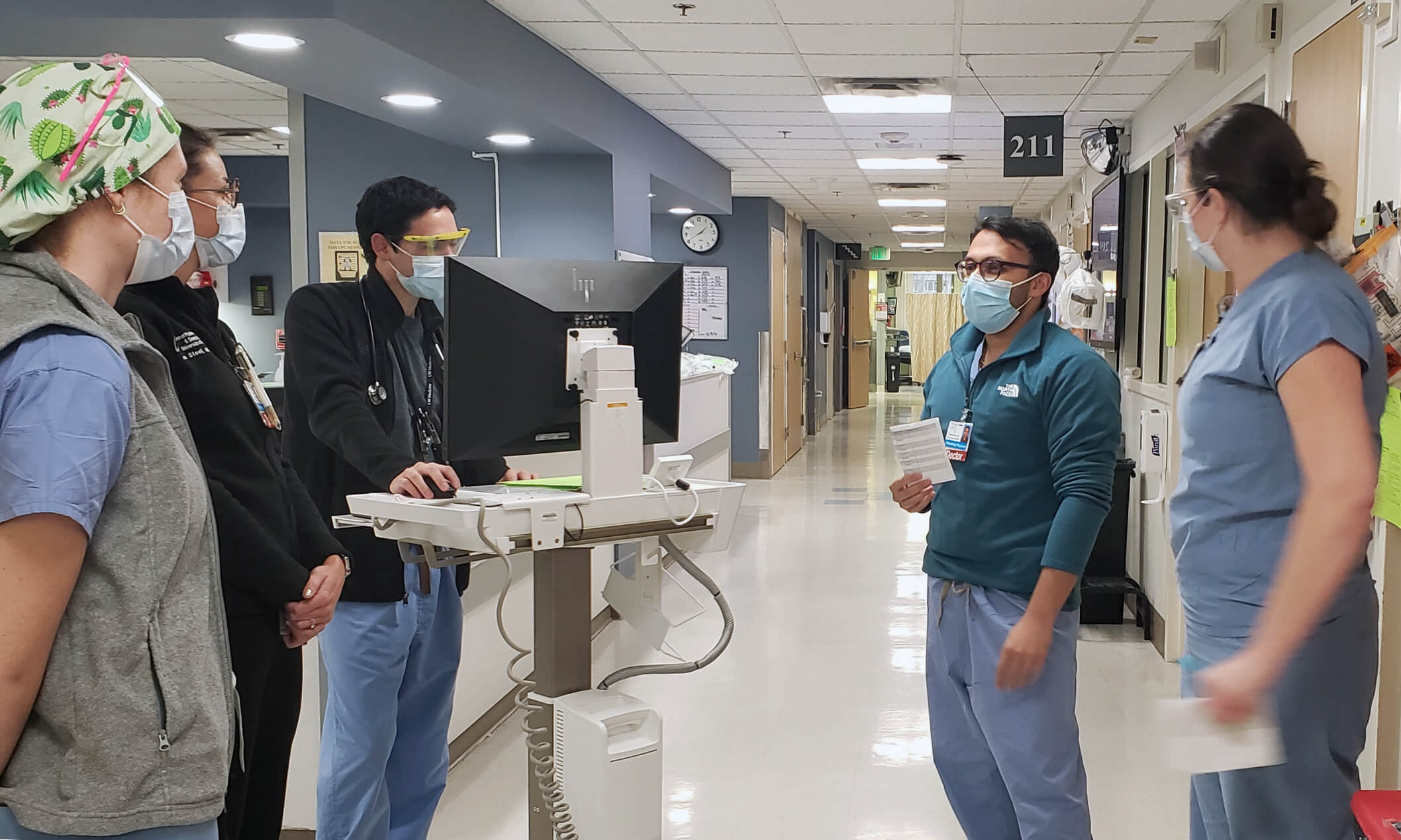
 December 21, 2021
December 21, 2021
 By Andrew Dietderich
By Andrew Dietderich